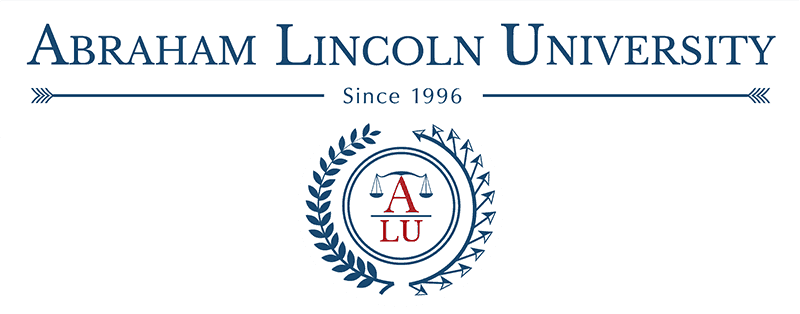Theida Salazar is a Los Angeles based attorney and Abraham Lincoln University Alumnus who has been running his own practice since 2014. Most recently, Salazar and his co-counsel Keith Altman have taken on a lawsuit spurred by three different families who lost loved ones in the San Bernardino terrorist attacks in December of 2015.
It’s Salazar and Altman’s belief that the social media and Internet Goliaths, Facebook, Google, and Twitter should be held accountable for these and the many other deaths that occurred at the Inland Regional Center that day. In my interview with Salazar, he passionately discusses his road to becoming a lawyer and how he ended up taking on a case that would battle some of the largest and most influential companies in the country.
Can you tell us a little bit about your legal education as well as where you are currently practicing?
My experience at ALU was truly great, as non-traditional as it was being an online law school. I hate to admit it, but I was a bit needy as a student. I had such a desire to understand everything thoroughly, both inside and out, and my professors were patient with me, always making time for my questions and concerns. To this day, that is the one thing that stands out in my mind about my experience at ALU and I will always be appreciative of that.
“I also feel as if ALU Alumni are some of the most genuine and gracious people.”
I actually went up in court against someone who was an ALU alumnus and at first, I was confused because his name was Abraham and he was very excited to speak with me. When you take a case you just never know what the opposing counsel is going to throw at you or if they are going to act reasonably or simply attack you. So I was like, why is this guy so excited about meeting me and why does he seem so jazzed about his name? That’s when I figured out that his name was Abraham and he went to Abraham Lincoln University so he was simply expressing his sense of camaraderie that seems ingrained in most ALU alumnus I have encountered.
As far as my current working experience is concerned, when I graduated ALU in 2012 with my Juris Doctorate, I wasted no time opening my own practice. I was a subject matter expert for the judicial council for 10 years and worked all through law school so by 2014 I was ready to go out on my own and focus on criminal, personal injury/ wrongful death, and entertainment law.
What inspired you to take on this case? How did it come about?
I was actually contacted by my co-counsel Keith Altman. He was very instrumental in waging the battle against the fault of social media in this case. I represent 3 families that lost loved ones in this incident, so when we started following the thread of fault, we were looking at all possible defendants that could be held responsible, from gun manufacturers to employers. Ultimately we feel that Google, Facebook, and Twitter played a big role in terrorist communications and that they enabled terrorist propaganda advertising efforts. Their failure to regulate these communications resulted in fascist activities and loss of life, period.
How do you think free speech figures into this issue?
In regards to social media, free speech will result in reckless communications that directly and indirectly lead to loss of life. We just want to make sure that they do their part in providing safety precautions that are equal to the impact which social media has on our lives on a daily basis. Social media is still growing and developing, and we know that some communication monitoring will slip between the cracks, but it is obvious to us that not enough is being done in proportion to the potential risks.
Do you think Facebook’s new efforts in monitoring radical communications will prove to be successful?
We hope so, but we do not believe that this cuts off their liability and I haven’t heard of any additional precautions that other social media platforms have taken to correct this issue.
Should these social media platforms really be held 100% accountable for the repercussions of their participant’s communications or is there a scale of moral responsibility that they should be held accountable for?
Absolutely, they should be held 100% accountable. We know that they are monitoring these potentially dangerous communications and are privy to what’s going on so they need to adapt their technology monitoring to predict, not only what terrorist groups could be planning and how they are organizing, but any security threats.






